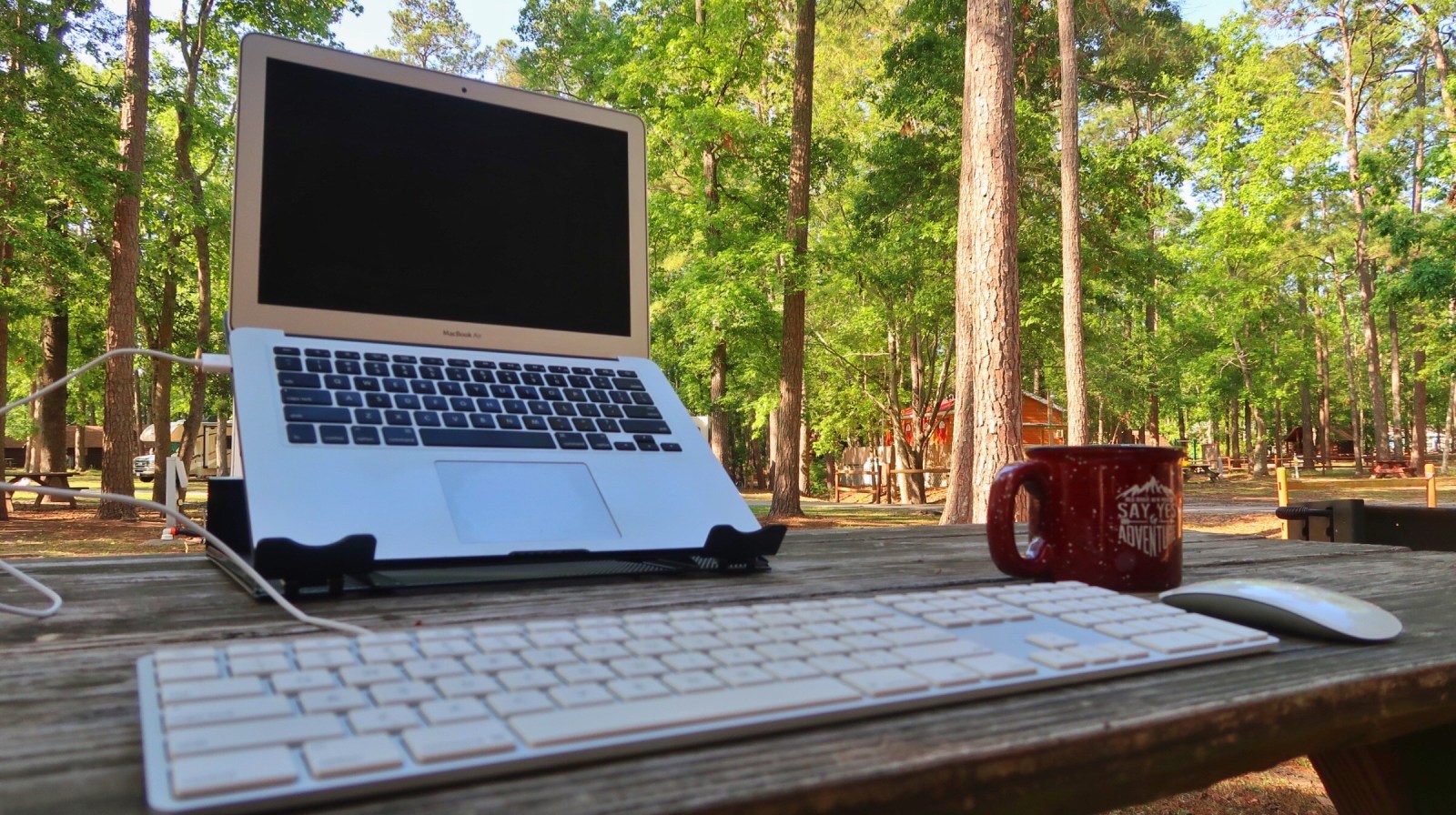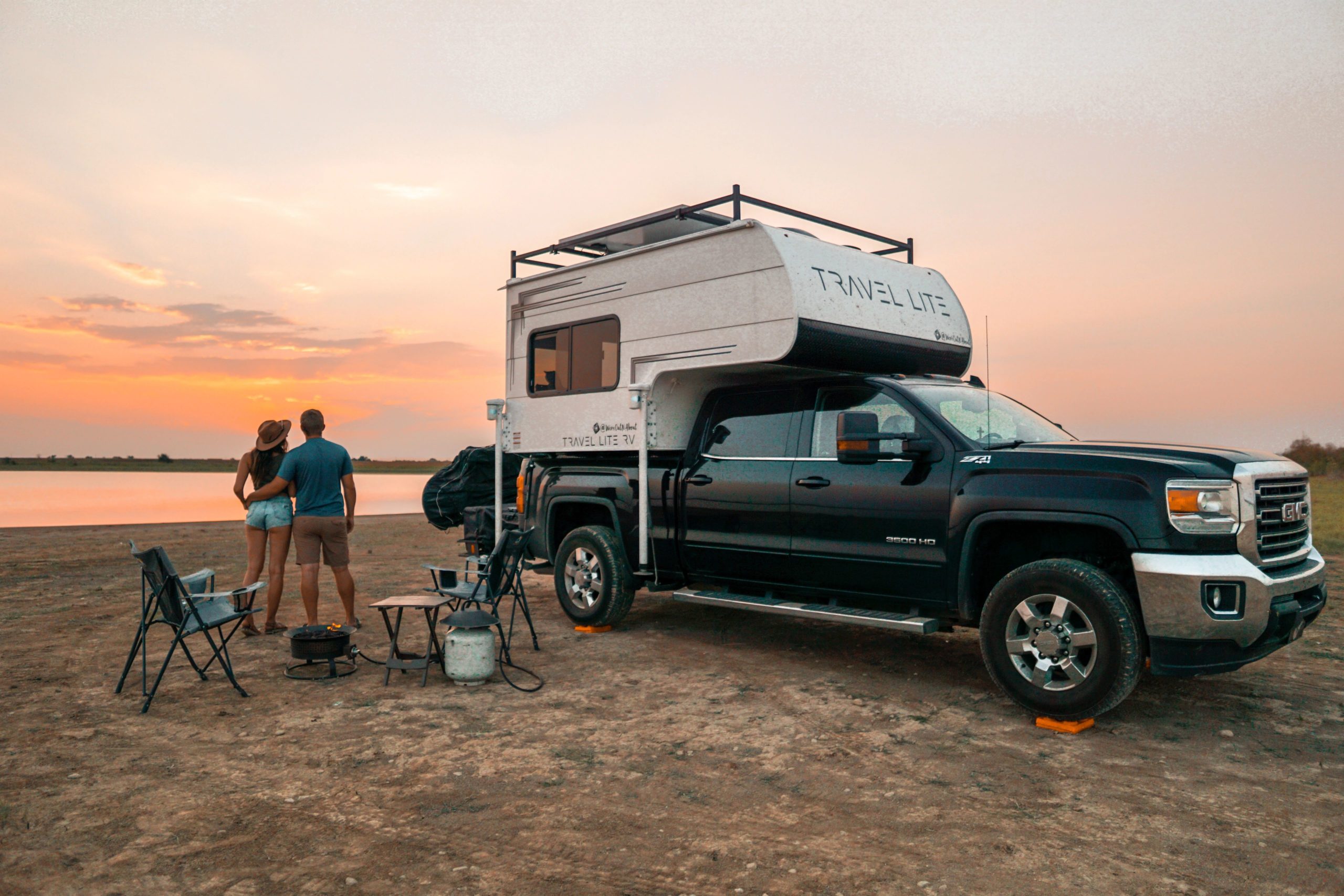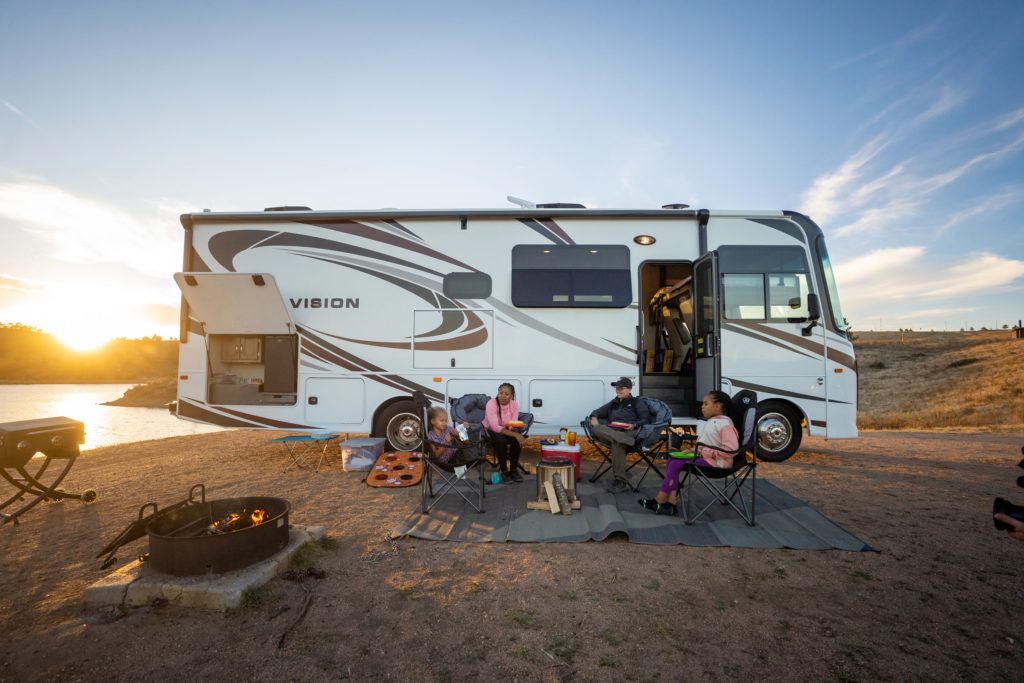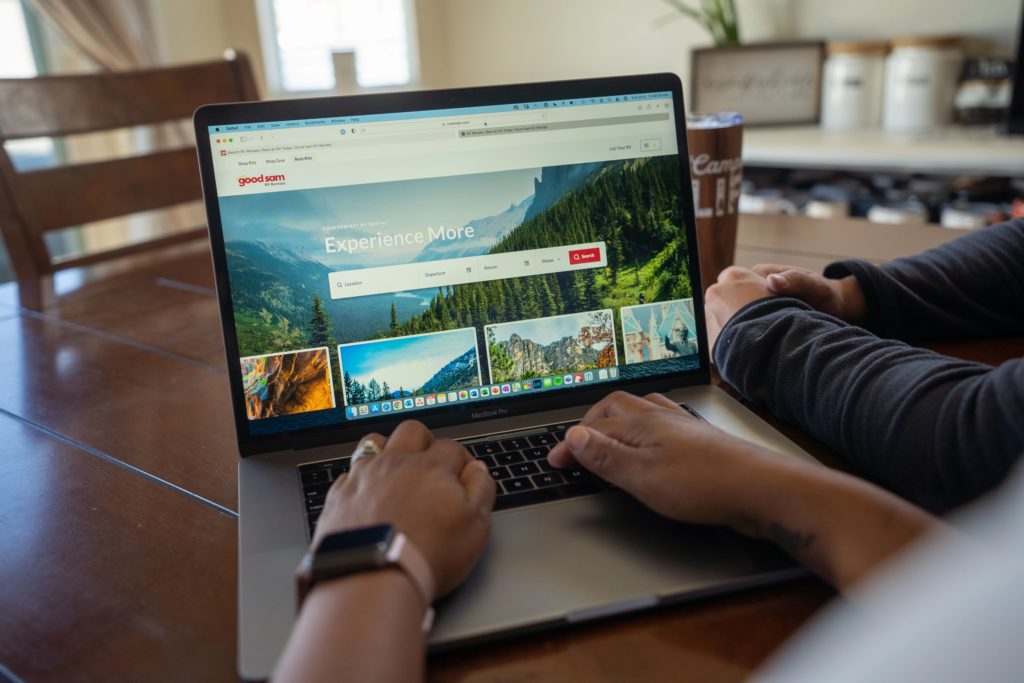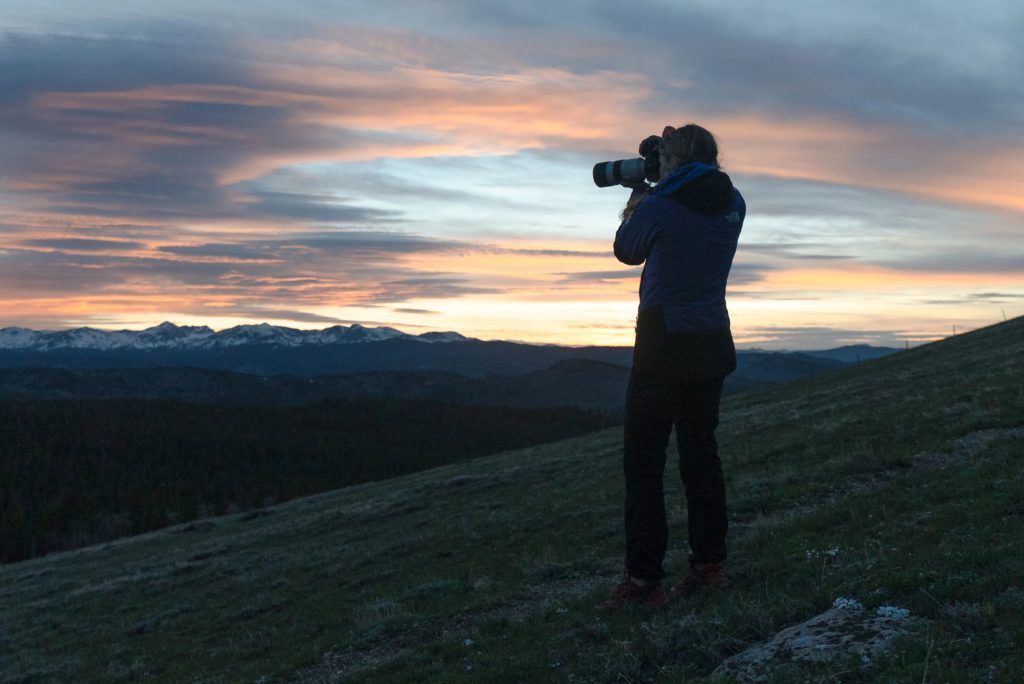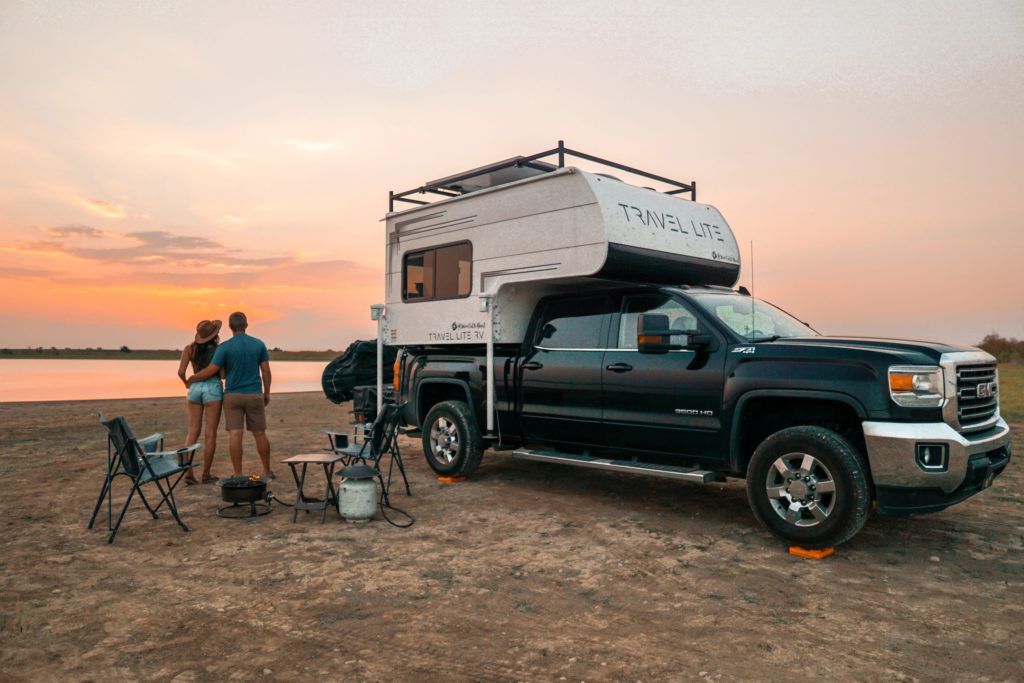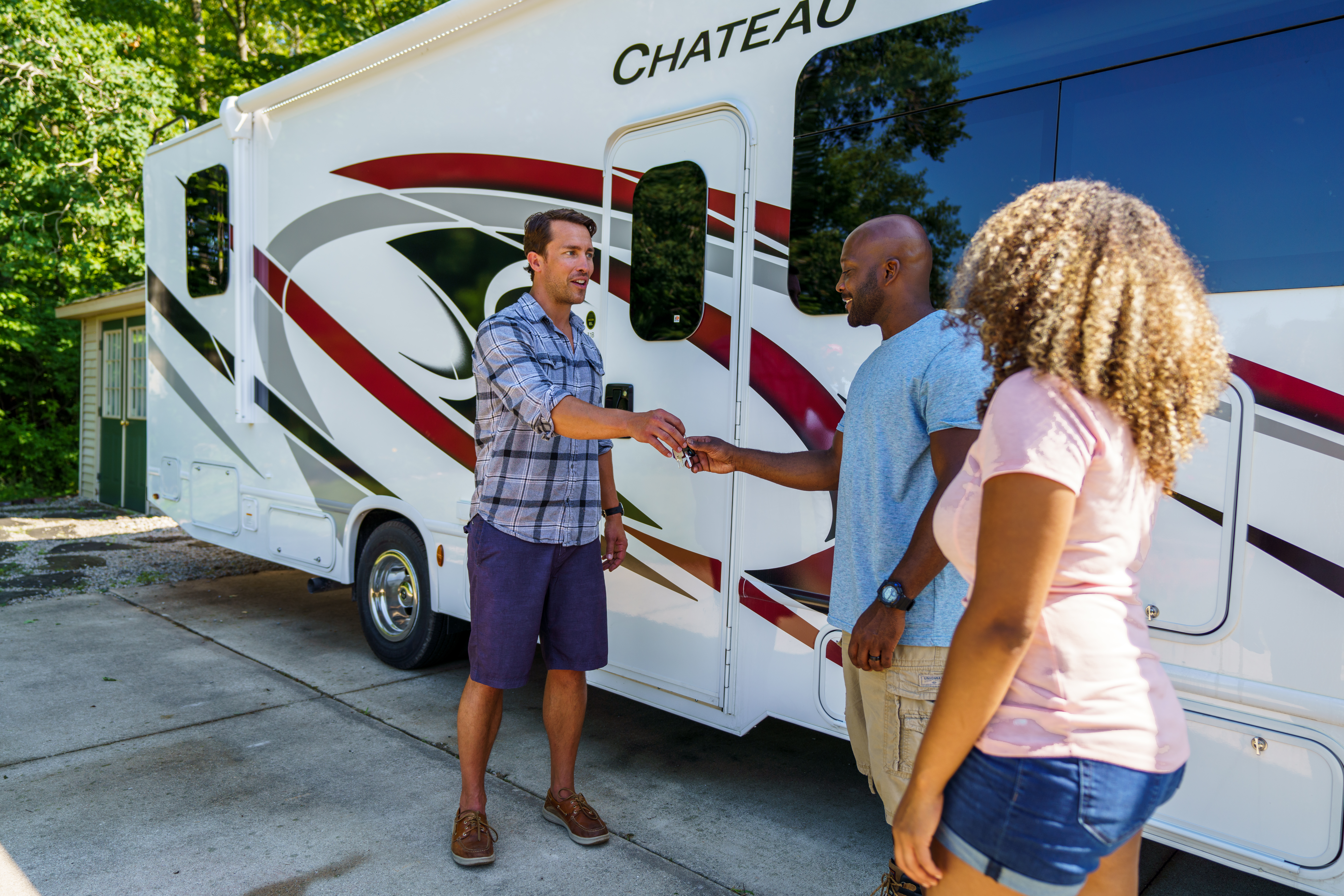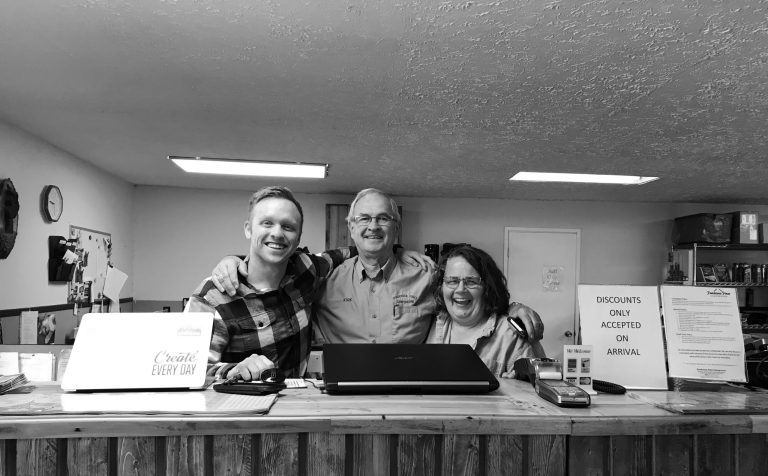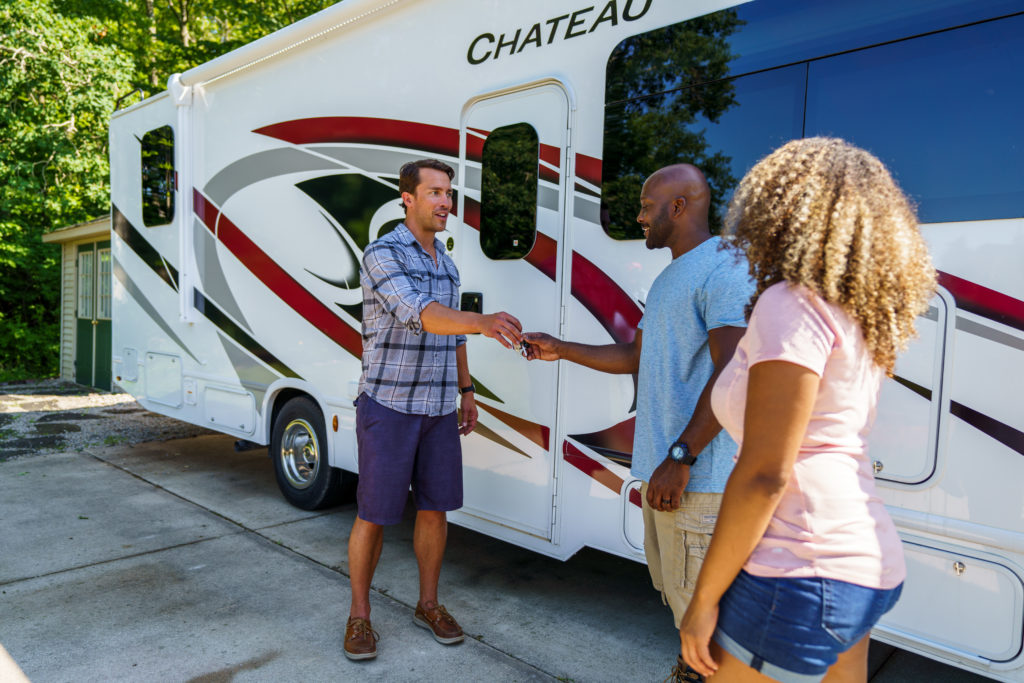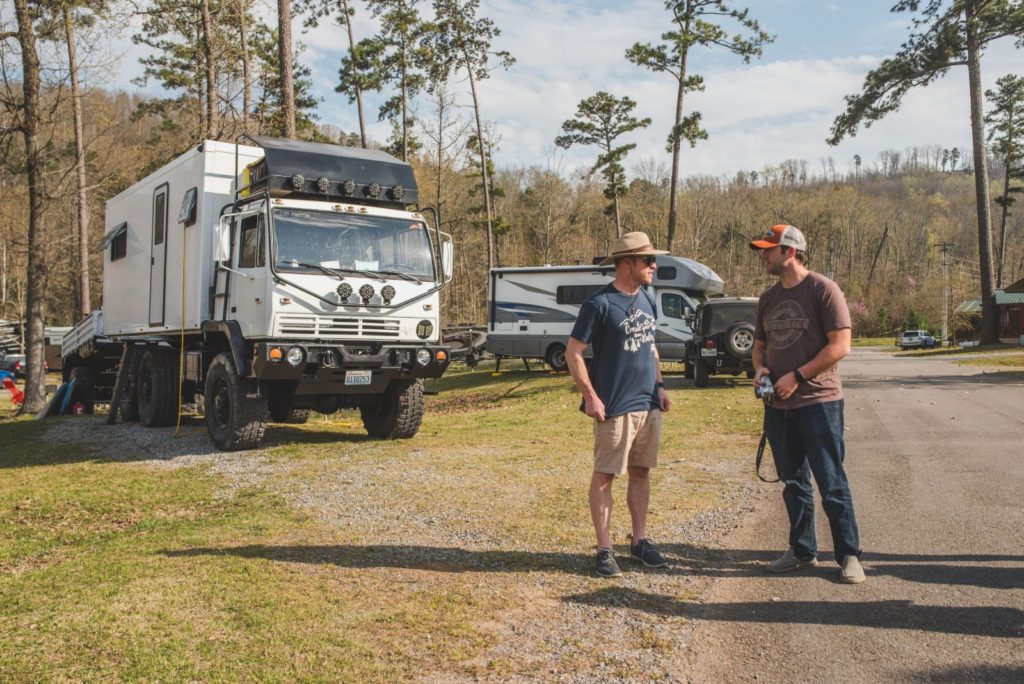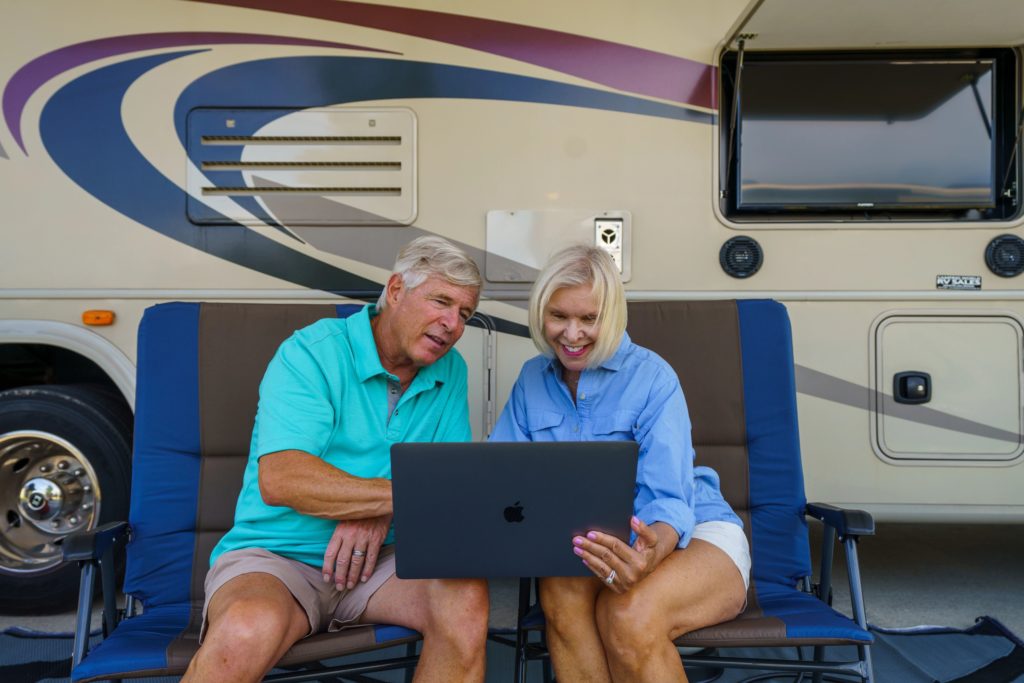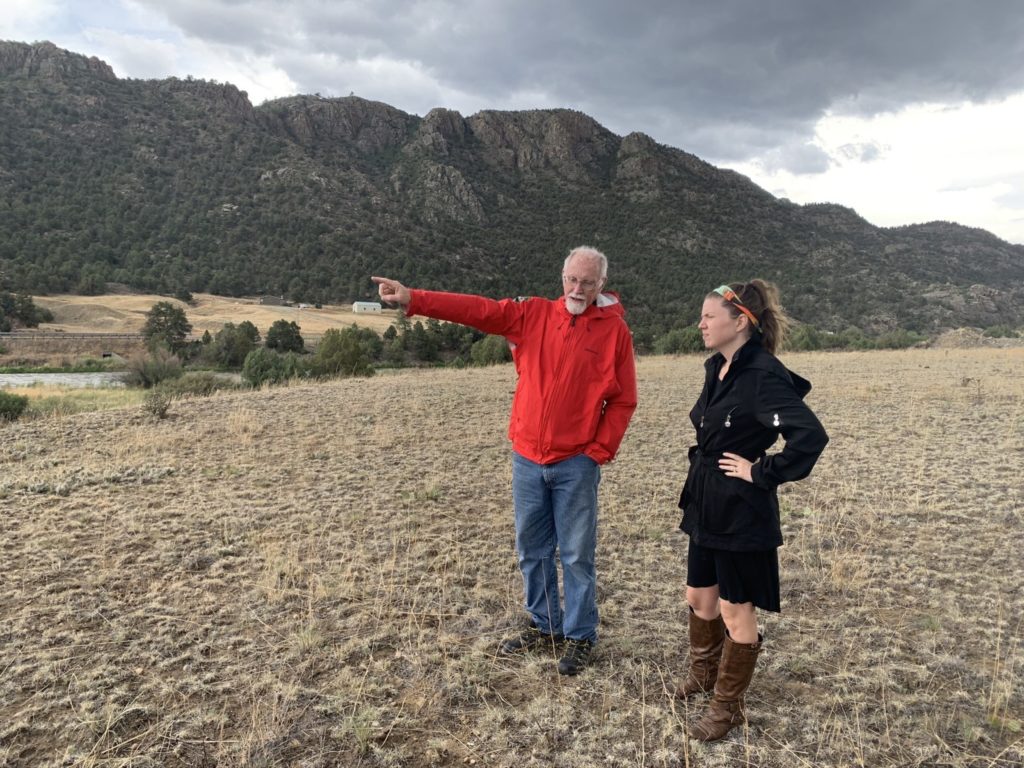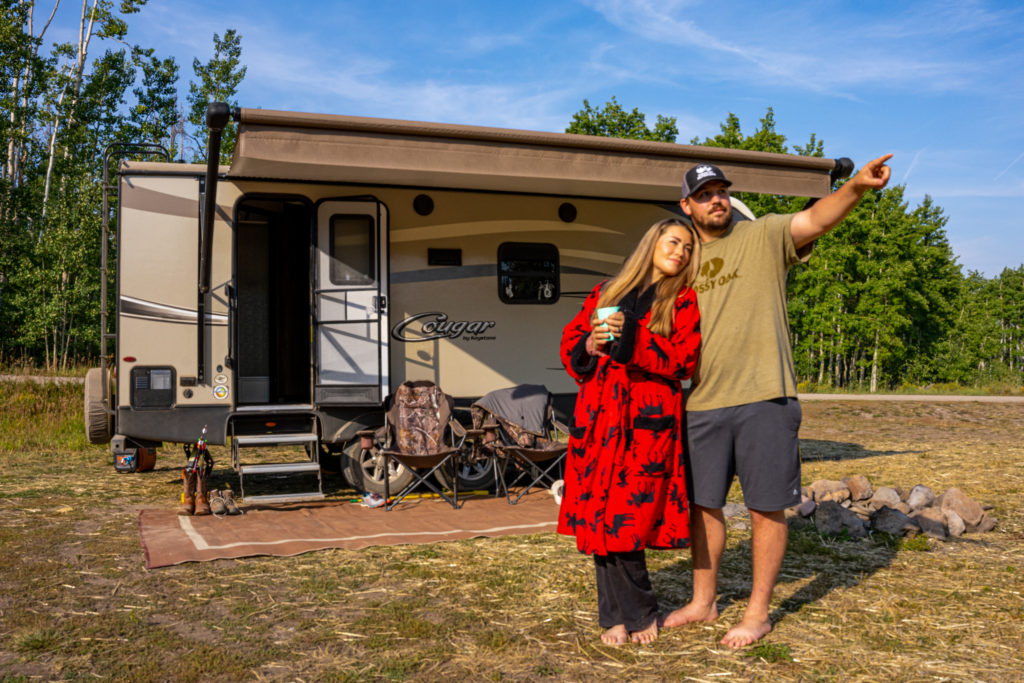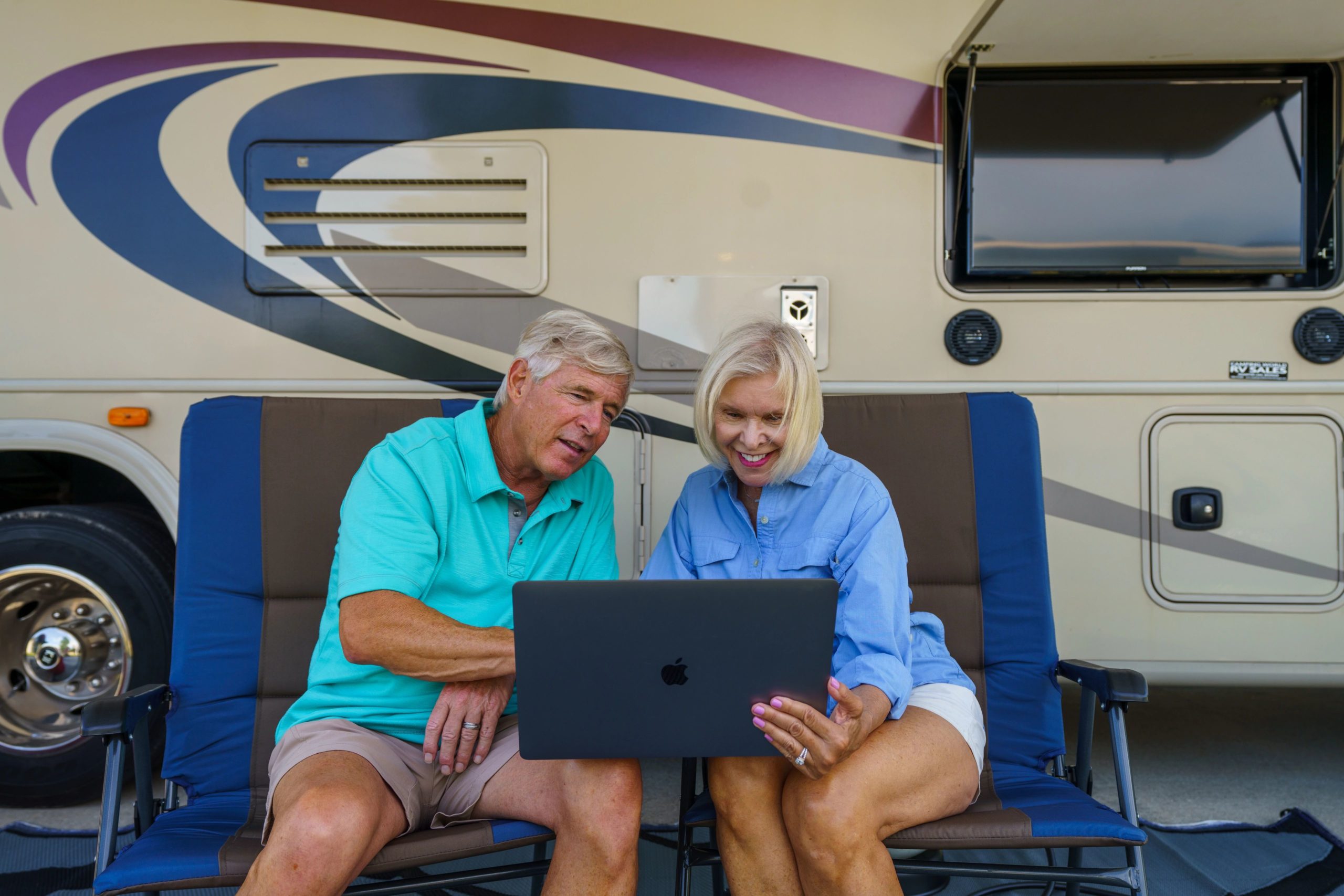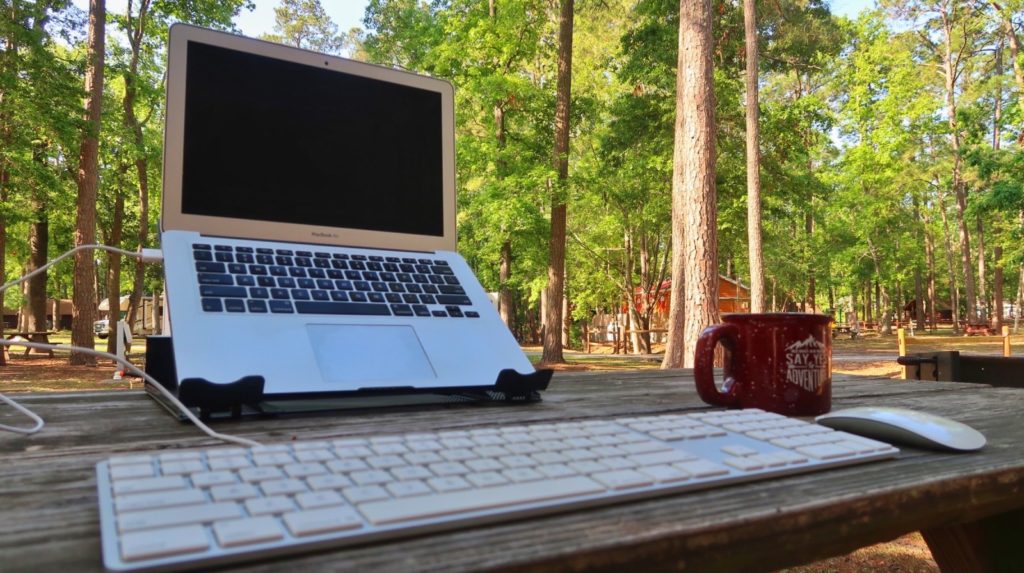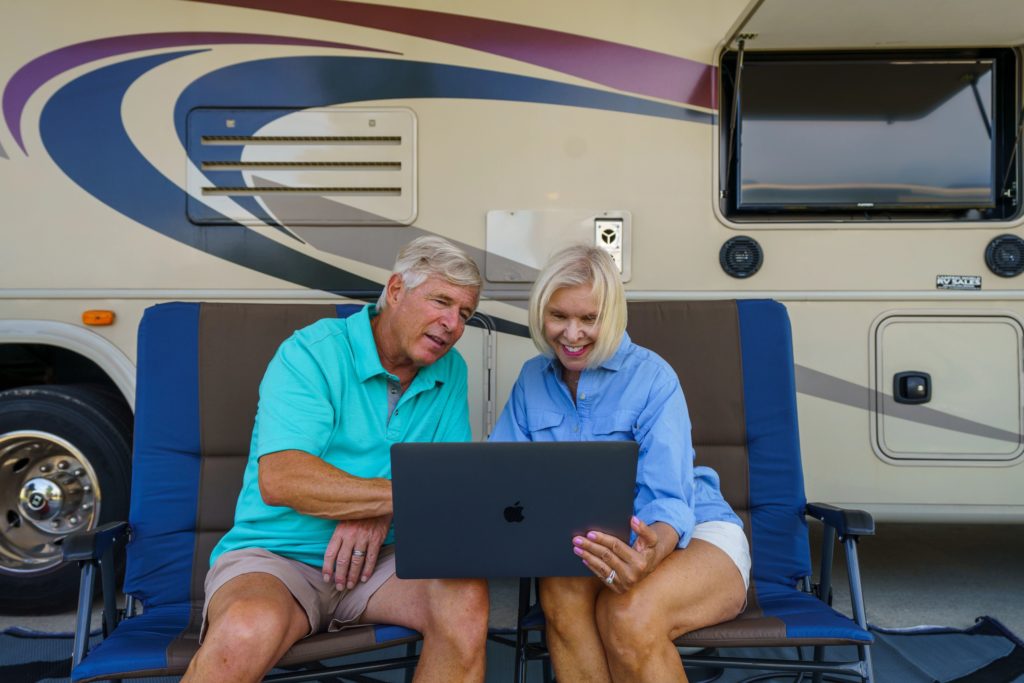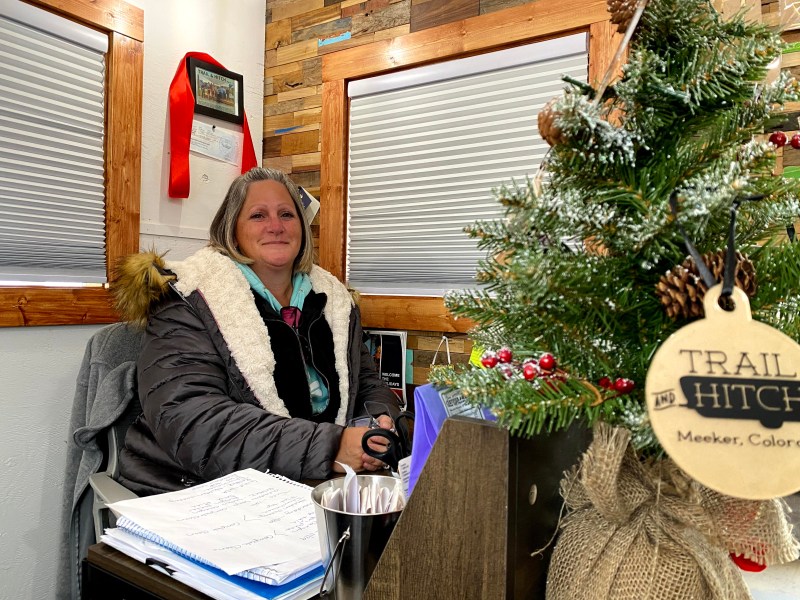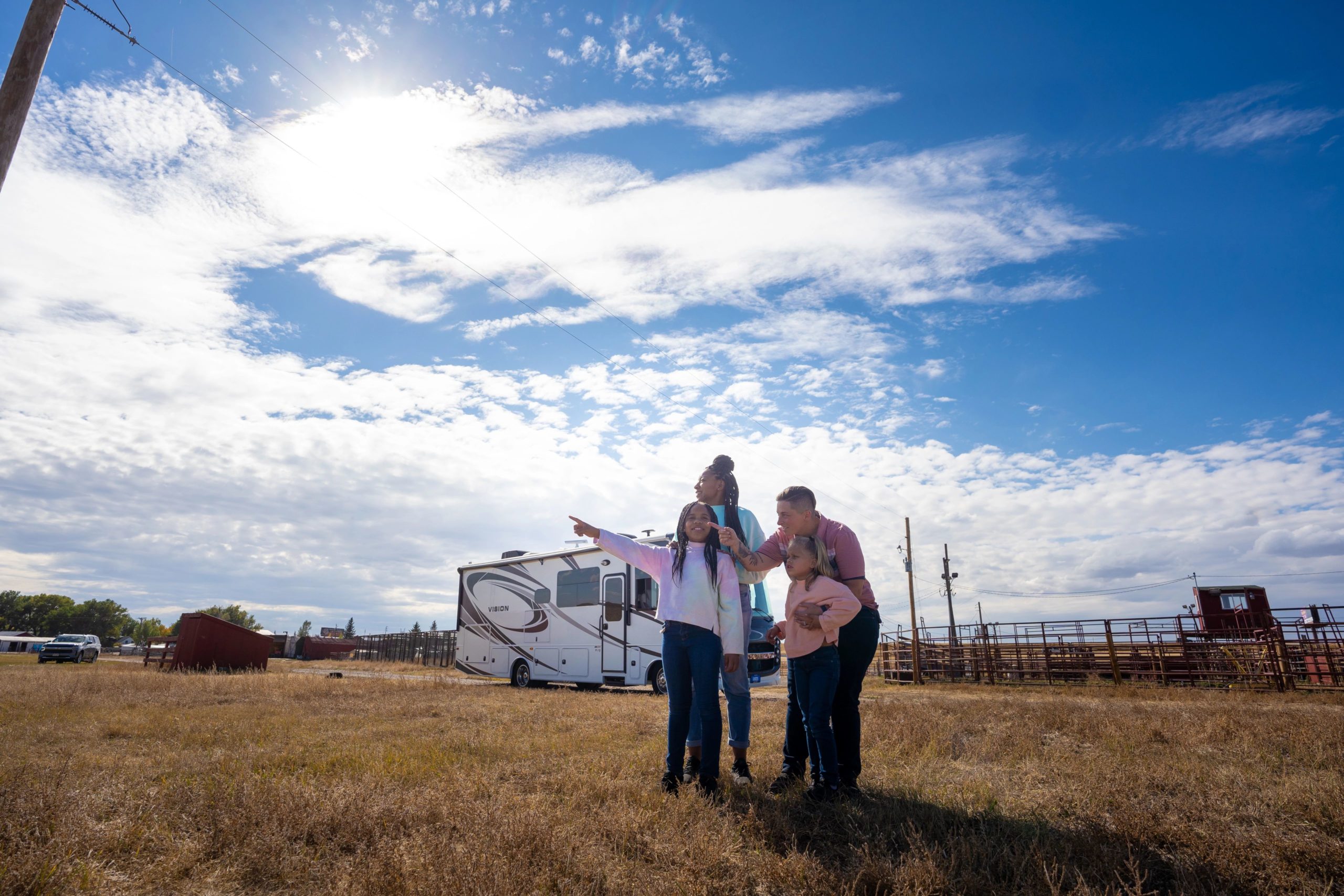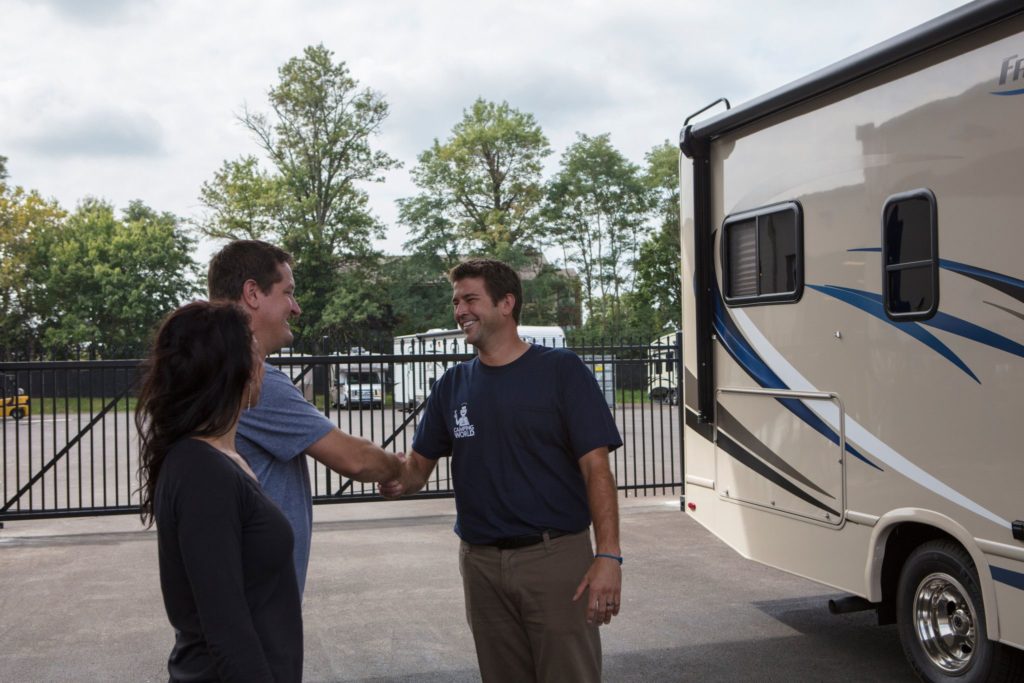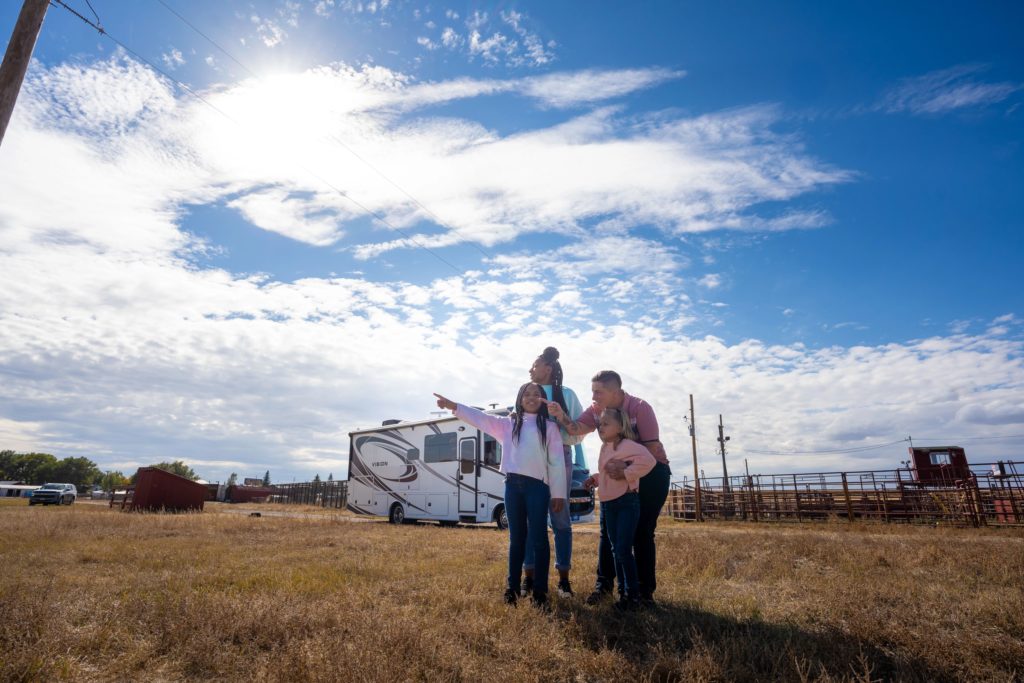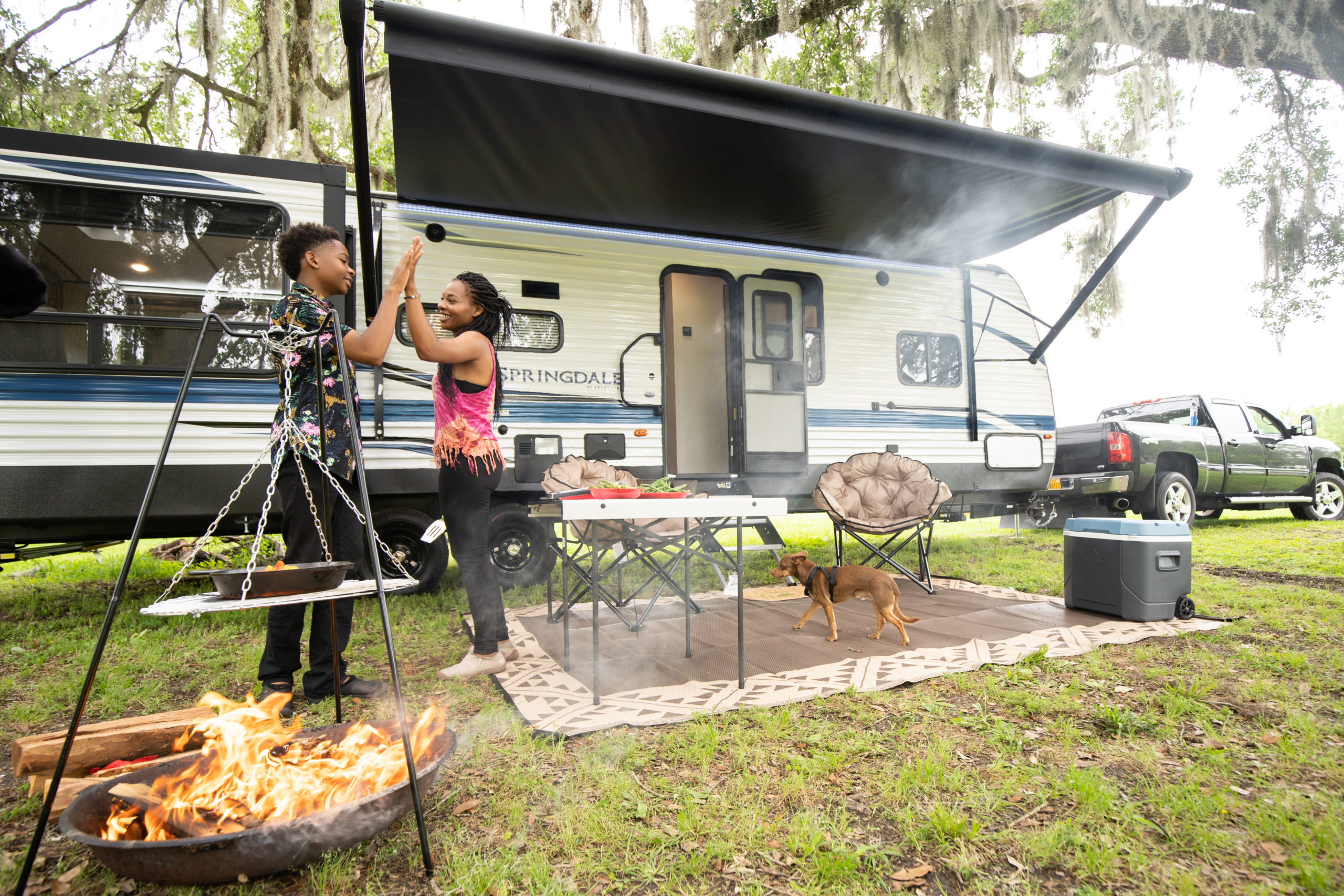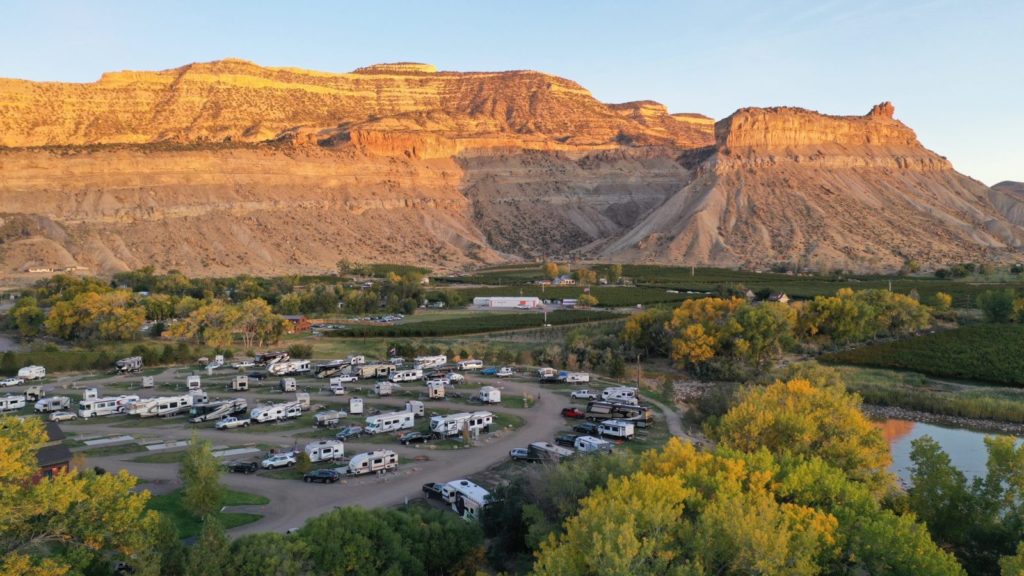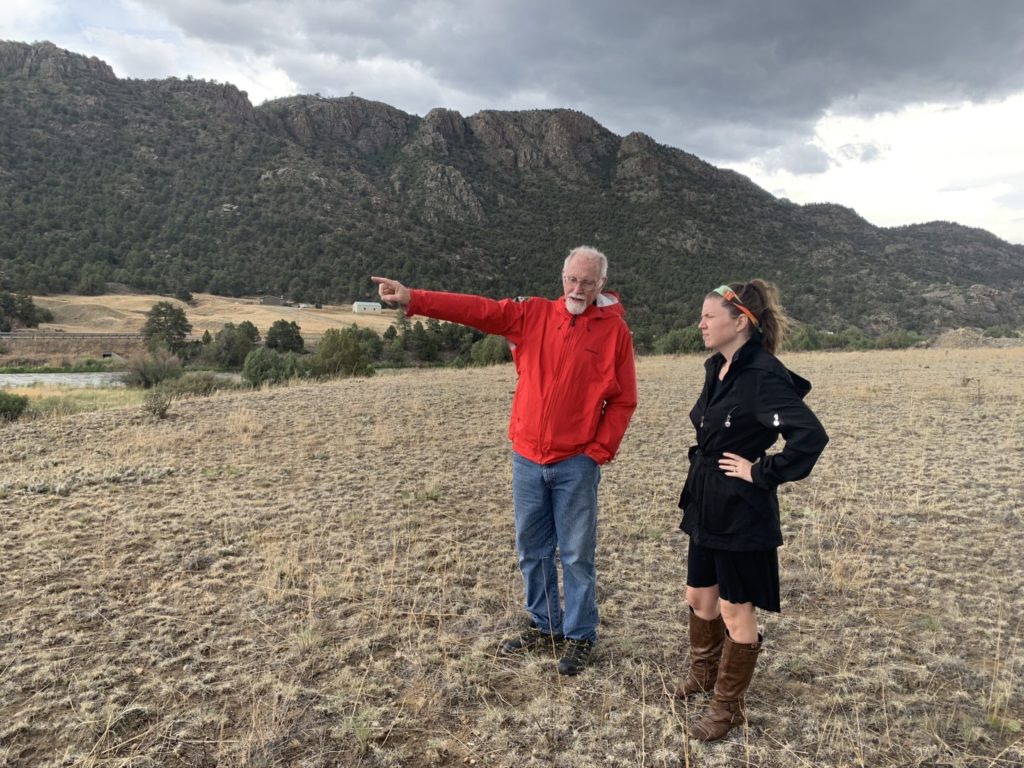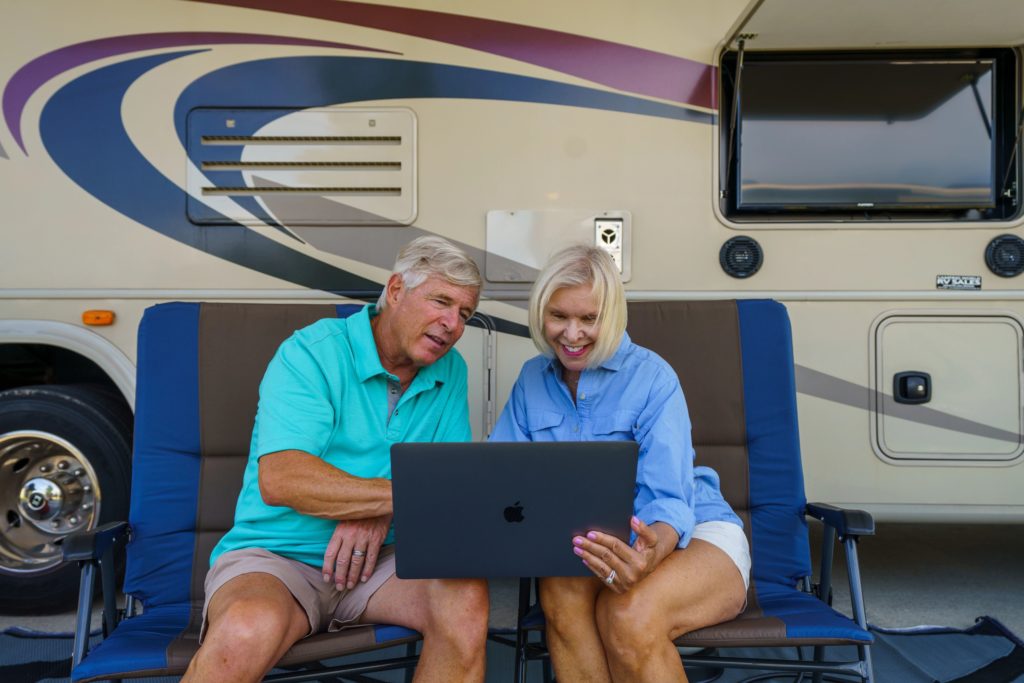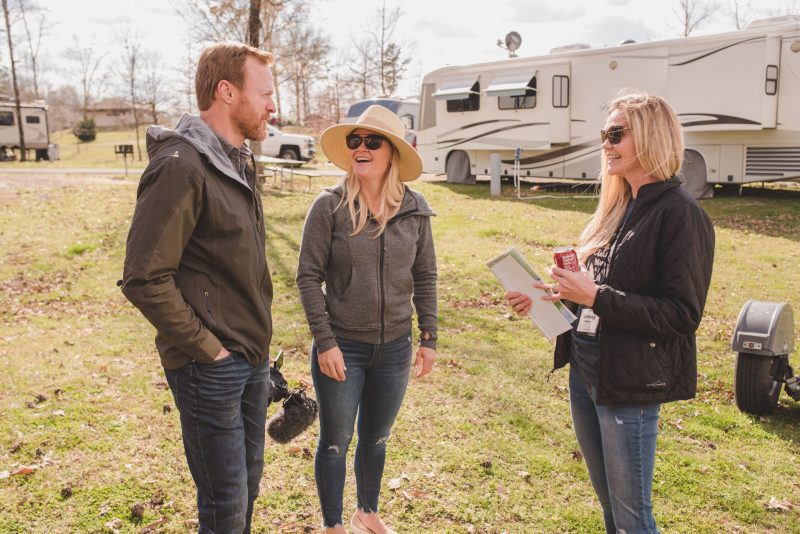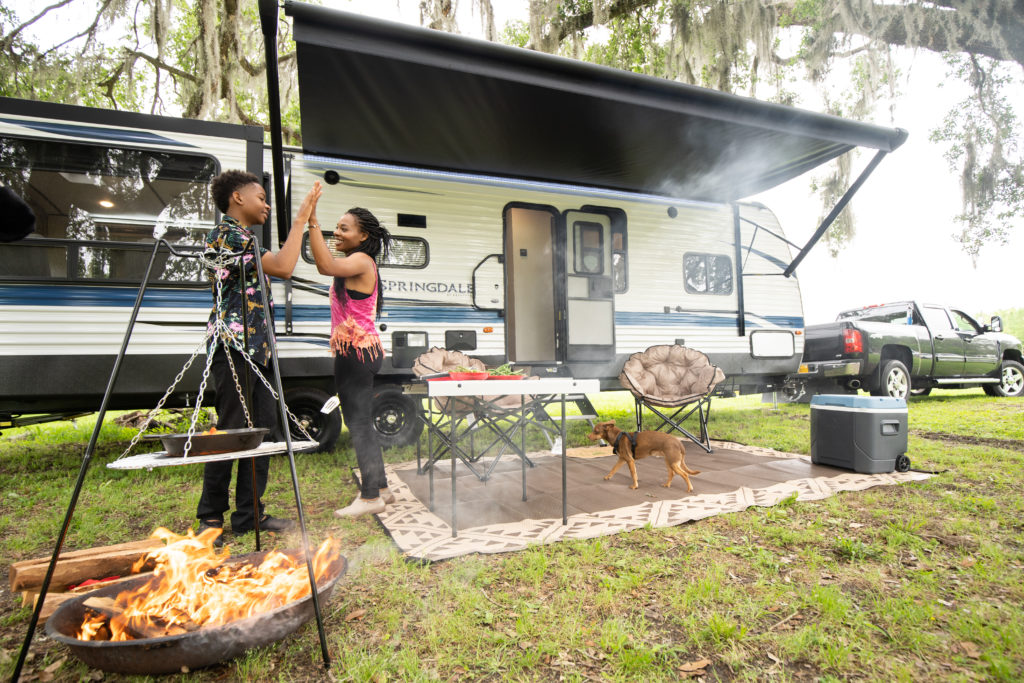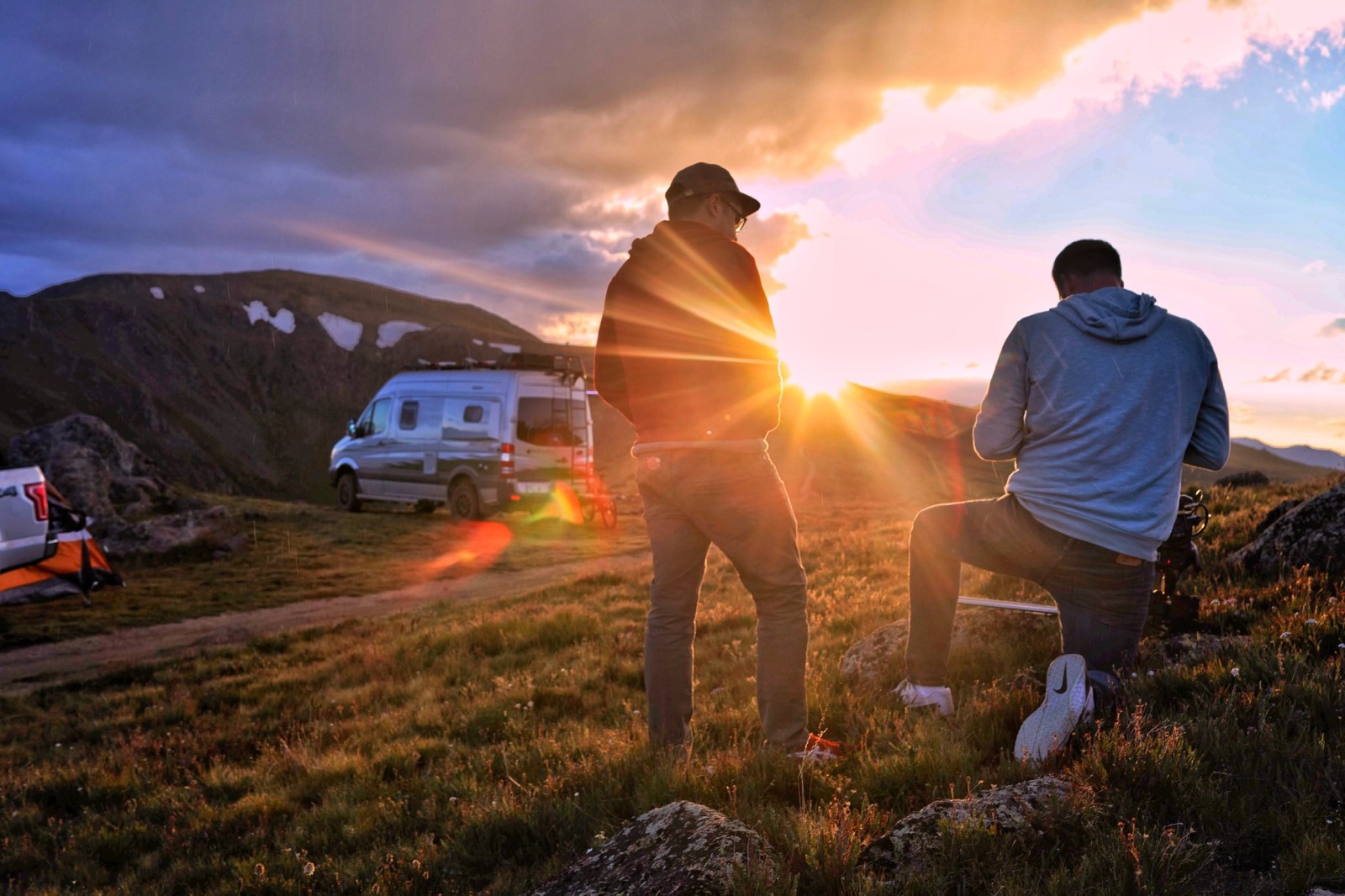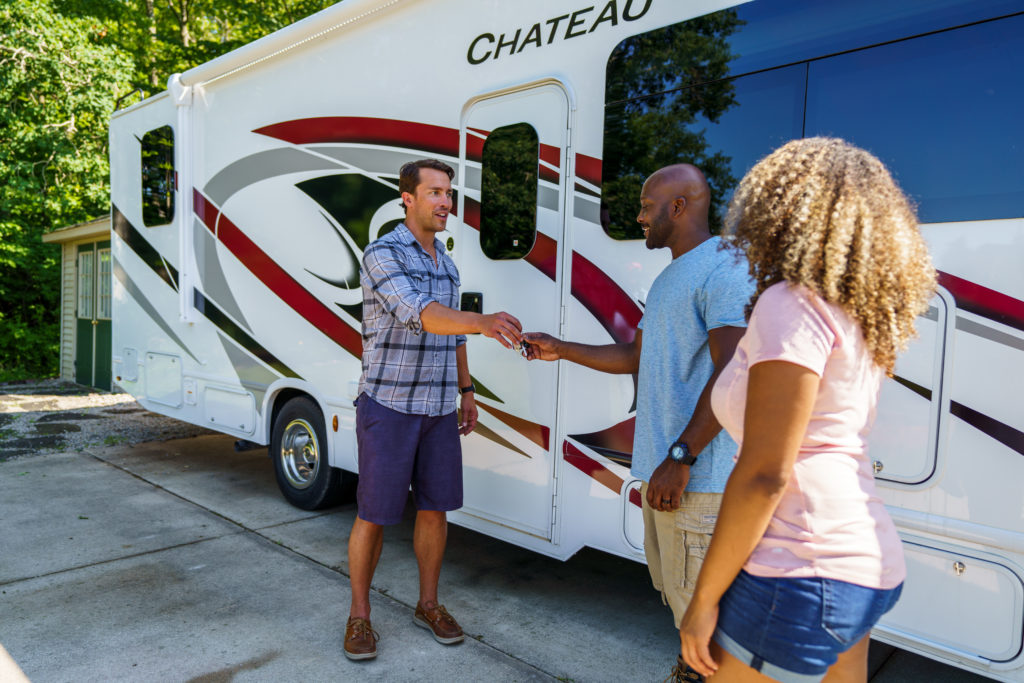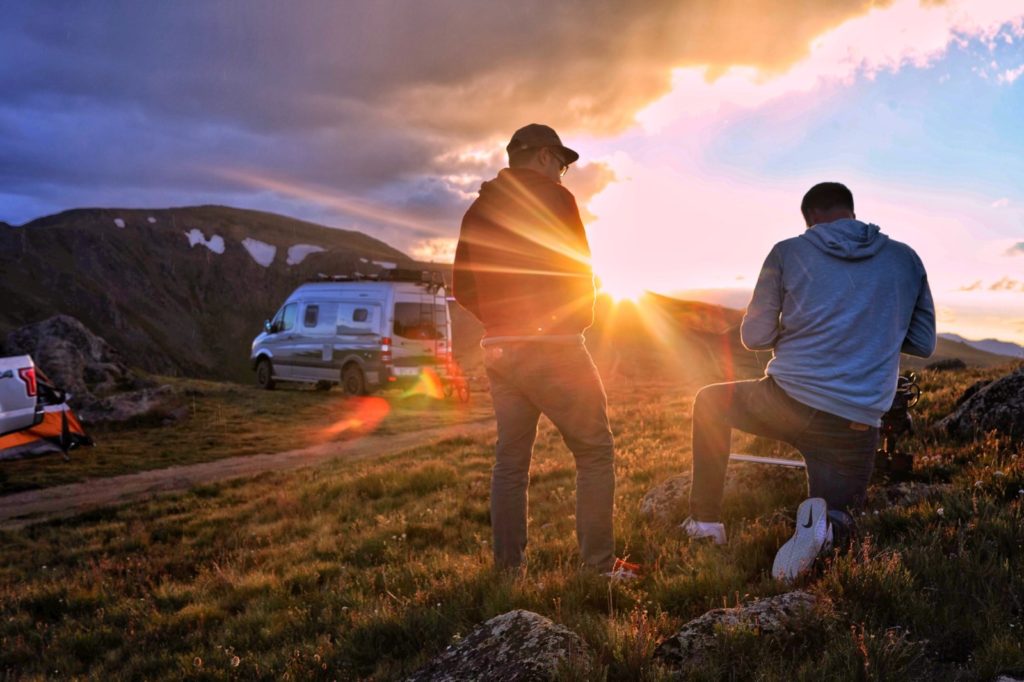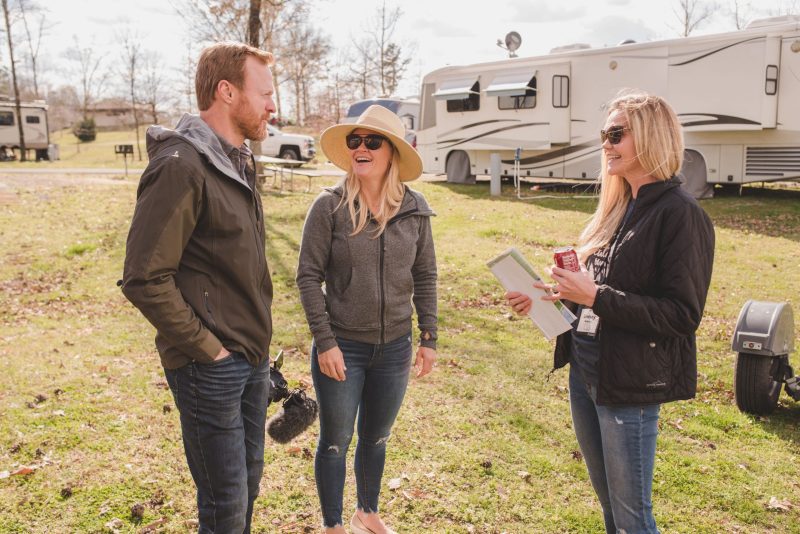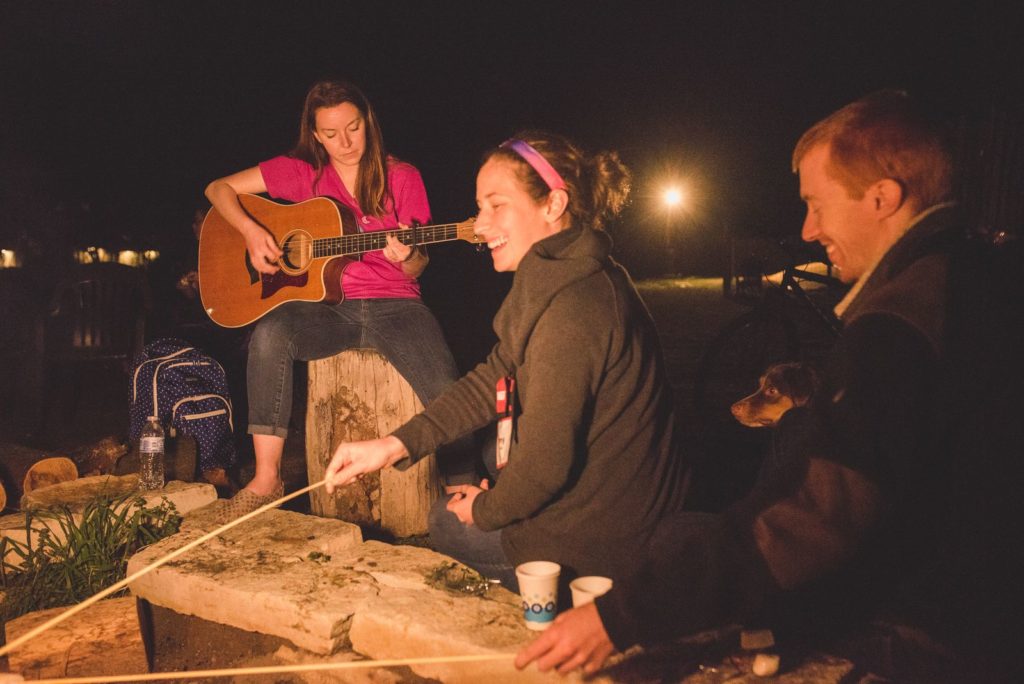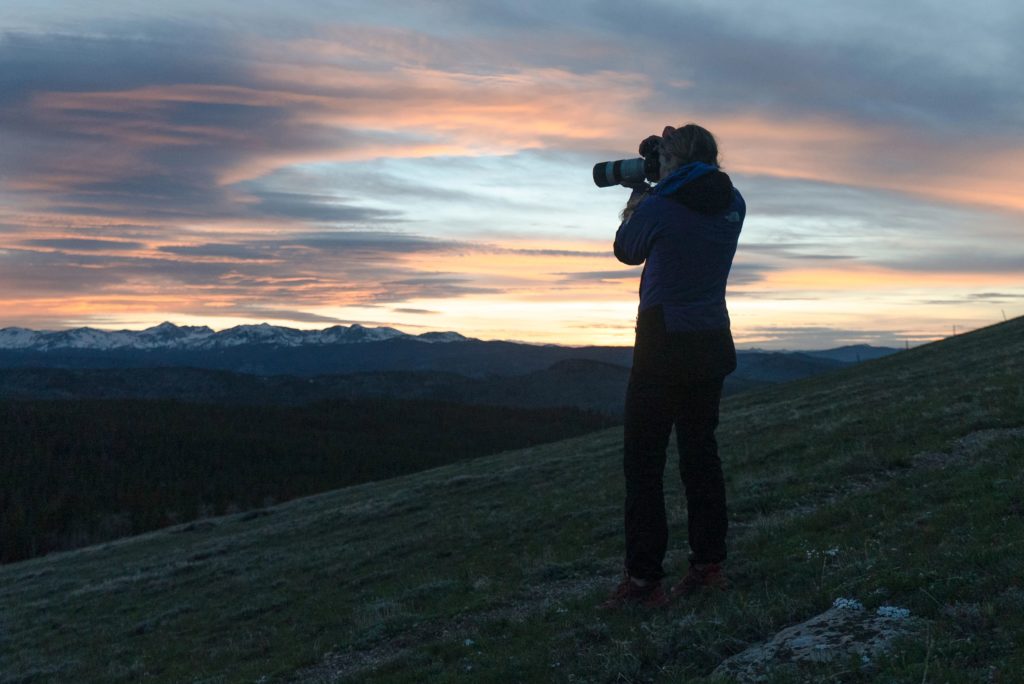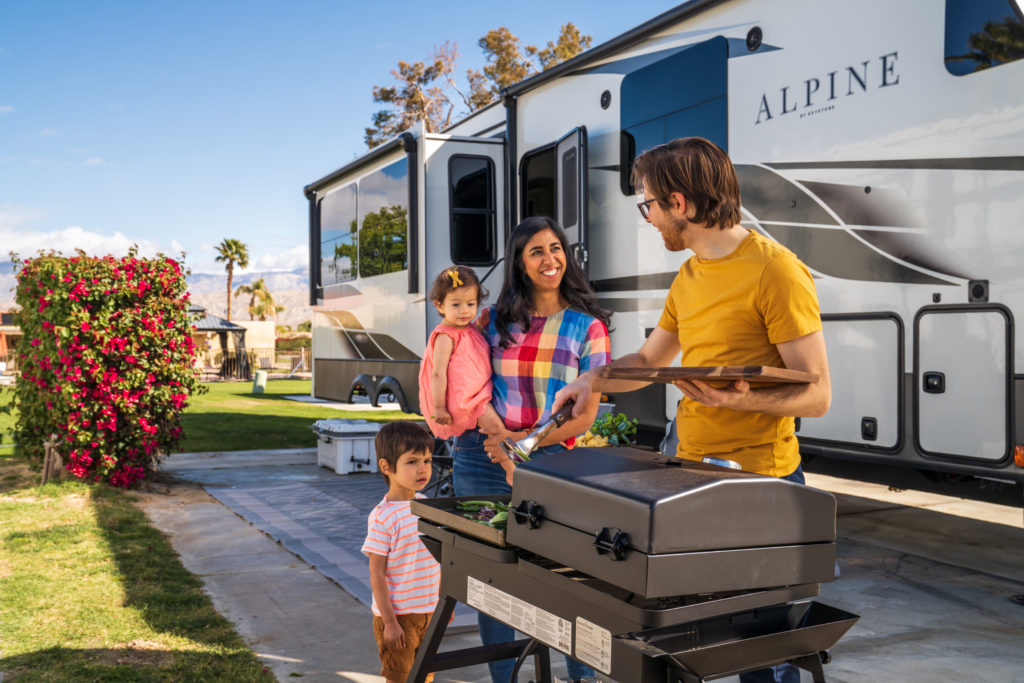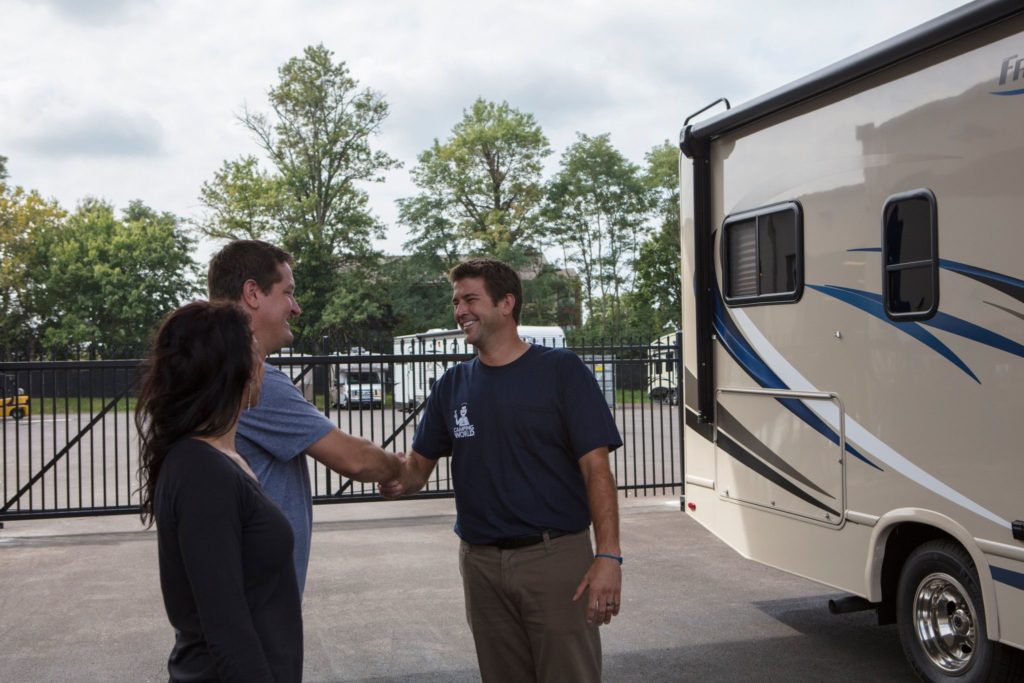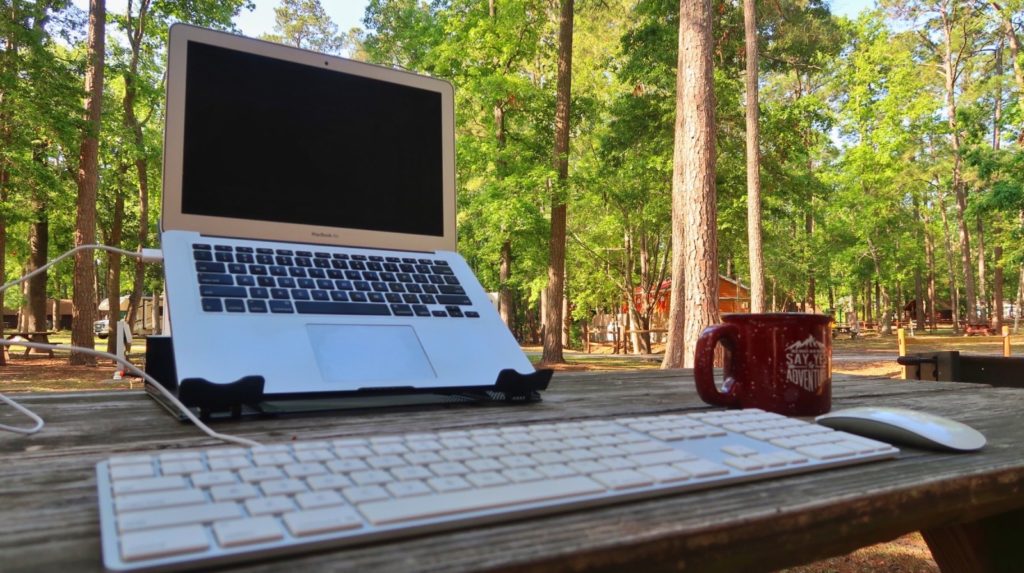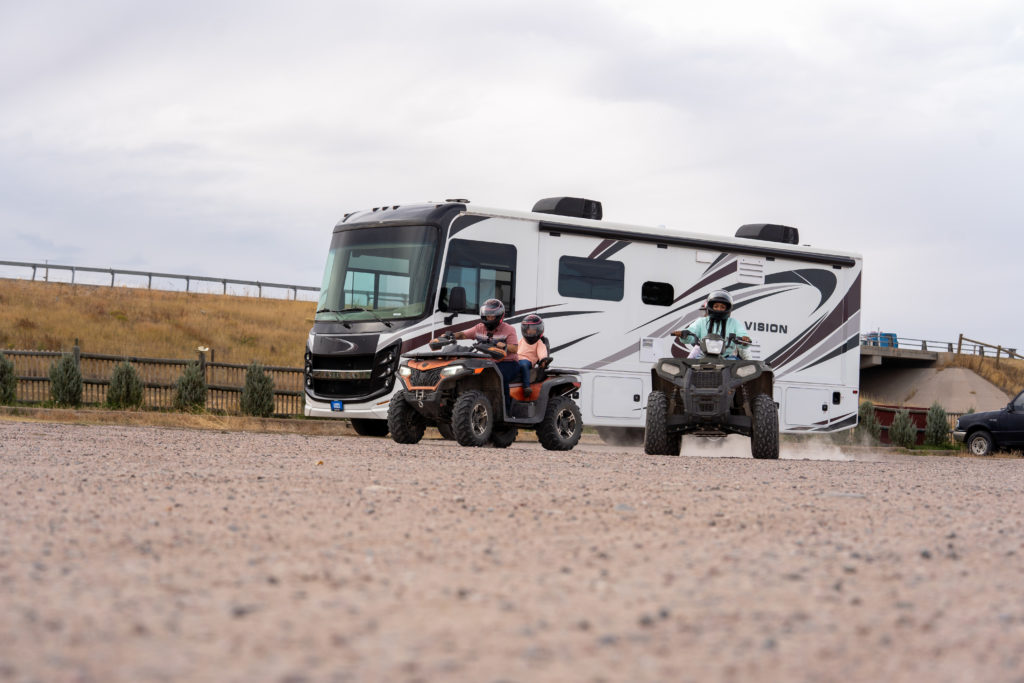
How to Respond to Bad Campground Reviews
Even good campgrounds can receive negative reviews.
It doesn’t matter how consistently you deliver a quality guest experience or go above and beyond, missteps will still happen.
As frustrating as it is, you need to respond to bad campground reviews. While they may not be representative of your campground, if you ignore them, they can still come back to haunt you.
Imagine your RV park gets flooded with rain over a holiday weekend. If half of your guests complain about muddy sites in online reviews, that can severely tank your park’s reputation—and it wasn’t even your fault!
Knowing how to respond to bad campground reviews is critical.
Bad reviews can destroy your campground’s business.
Last year, the Montrose Press reported a story about how RV influencer and YouTuber, Jason Epperson (RV Miles) and his family were evicted from an RV park after receiving a FedEx package, violating the park’s policy by using their address to receive mail.
Epperson was frustrated. The policy stated long term guests couldn’t accept mail, not overnight guests, yet he was escorted off the property by the sheriff for a simple FedEx package. He aired his grievance on his YouTube channel to over 100,000 views.
In response to his video, RVers immediately took to the campground’s page on Yelp, and posted negative review after negative review, dropping the park’s rating to 1 star out of 5.
The Montrose Press also quoted research from Womply, stating that campgrounds or businesses with 1 to 1.5 stars receive 19% less total revenue on average.
(The RV park in question has sold to new owners since the incident.)
Adding to that point, Vendasta found that “92% of consumers now read online reviews.” So for every 10 people looking at your campground, 9 of them will make their decision to stay there based on other people’s experiences.
Reviews matter. Even the bad ones.
How to get rid of and respond to bad campground reviews
As intimidating as negative reviews can be, they’re easier to get rid of than you might think, but it does take a thoughtful and tactful approach. Here are 5 steps for how to respond to bad campground reviews, and creating better camper experiences.
1. Evaluate the situation.
When you get a poor review, no matter how unfair it might be, the first thing you need to do is take a beat and assess what’s going on. Yes, you should respond promptly, but don’t rush it and escalate a negative situation.
And definitely don’t respond emotionally.
HubSpot quoted marketer Geoff Toff saying “if [a guest is] angry enough (however unfairly) and cares enough about getting the reaction they want from you (however petty that might be), they can spread negativity all over your reputation online, and people will probably believe it until they see a reason to think otherwise.”
Calmly and logically evaluate the situation and come up with a plan to solve the problem.
2. Respond to the negative review.
Respond publicly first.
More often than not, the customer simply wants to know that you hear them. And even if the complaint feels unreasonable, other customers reading the reviews also want to know that you hear them.
By responding publicly, you show everyone that you pay attention to detail, and work to fix problems as they pop up.
Black Canyon receives mostly positive reviews (as evidenced by a 4.9 rating), but they do a good job of responding to every review.
Move to a 1-on-1 conversation.
If an issue can’t be easily resolved with a public comment, take the conversation private.
The point here is not to “silence” the frustrated customer, or remove them from the public eye, so much as it is to guarantee a more focused guest experience.
Moving the conversation to a direct message or email exchange can allow the guest to feel more important and heard. It also helps enable the guest to see that there is another human being responding to their complaint, which allows them to lower their guard and be a little more patient.
3. Fix the problem quickly and transparently.
According to Vendasta, when campgrounds resolve issues quickly and efficiently, 95% of unhappy guests will return.
Which means simply reply to bad reviews can be a boost for business.
Be honest about mistakes.
Nobody expects a campground to be perfect, but they do expect you to be trustworthy. The way you handle bad reviews as a campground can be an opportunity for more reservations.
Accept responsibility.
Some negative reviews won’t be your fault.
Another guest’s dog was barking too loudly. Another guest’s kids were running around their campsite. It rained all weekend. A bigger rig blocked their view.
Even when negative reviews don’t reflect on your actions as a campground operator, accept responsibility and fault for the issue.
With Black Canyon in Wimberley, they didn’t reply and say “I’m sorry the wifi is slow, we are in the country! Of course it’s slow!”
Instead they detailed how they were stepping up and addressing the issue.
Ask questions and empathize.
The easiest way to make a guest feel heard is to ask thoughtful questions. It’s important that you establish that you’re on their side, and trying to make sure they feel understood and taken care of.
Don’t assume the intent of the guest, and don’t belittle their issue. Try and parrot back their problem in your own words to let them know you’re listening, and relate to how frustrating that problem would be if you were in their shoes.
Provide solutions and incentives.
At Chick-fil-A, they have a philosophy of customer service called Second-Mile Service.
As one employee puts it, “Second Mile Service is about going the extra mile—when someone expects a certain level of service, you work to go beyond that and take them the whole second mile.”
If a customer has a problem, every employee from the top-down has been empowered up to $10 per situation to do whatever it takes to make things right.
For example, if someone orders grilled nuggets, but receives fried nuggets, they’ll eat the cost and tell the customer to keep the nuggets they have, while they quickly work to bring out the correct order. No questions asked.
What does this look like at a campground?
Think through ways your campground can provide a quality customer experience. Do you comp one night of a stay? Do you give complimentary firewood? Upgrade them to a nicer campsite? Think of what ways you can realistically provide solutions without hurting your bottom line.
Will people take advantage of this? Some might, but overall you will increase the number of loyal customers tenfold (especially among those that initially submitted a negative review).
Follow up with the guest.
Once you’ve corrected the situation, if you find that the guest is pleased with your response, ask them to update their old review.
Guests with previously negative experiences will often feel endeared by the level of initiative and effort campgrounds show them, and make for great evangelists.
There are few testimonials as powerful as a previously disgruntled camper becoming an advocate of your park.
4. Remove fake or inappropriate reviews.
If you suspect a review is fraudulent, or not reflective of the actual quality of service your campground provides, you don’t have to blindly allow it. Here are some quick tips for handling fake reviews.
Politely respond.
While it may feel weird, it’s important to thoughtfully respond to every review, whether they’re real or not.
Blue Corona says that “even if you know the bad review was fake, you need to respond,” because “you’re not only pacifying the reviewer, you’re showing prospects how you respond to customer dissatisfaction.”
Report or flag the review.
After you respond, make sure you place the fake review on the radar of the review site, so that they can better monitor and police fraudulent activity.
How to report a fake review on Google.
Here are links on how to flag fake or inappropriate reviews for other review sites:
- Facebook (via ReputationStacker)
- Yelp
- Tripadvisor
Call support and follow up on the reported review.
Another alternative (or additional option) is to directly connect with support for the review site. In some cases, this might lead to a quicker response from the review site and therefore get the negative review down faster.
Consult a legal professional.
This is obviously a last resort, but should a review be slanderous, you may have grounds for litigation. That being said, be sure to consult a legal representative before pursuing this option.
Here you’ll find Google’s request form for legal removal.
Remember to only follow these steps if you’re sure a review is fake or fraudulent, not bad reviews from guests.
5. Focus on getting more positive reviews.
Borden Bridge Campground in Langham, Saskatchewan.
The best defense is a good offense.
HelpScout reported that “positive reviews make potential customers almost 70% more likely to trust a local business,” and as a result, stay at your park.
Additionally, every 50 positive reviews your campground receives averages a 4.6% increase in reservations (Vendasta). So make it a habit to collect customer reviews. Offer discounts or coupons in exchange for leaving a review.
Wondering which review sites you should be reading? Here are the top 7 review sites for campground owners to watch.
Respond to positive reviews.
In a TechRepublic interview with Nimble, Inc. community engagement manager, Michaela Prouzova, said “We make sure that our team responds to every single review—positive or negative,” because it “builds trust and humanizes our brand.”
Furthering that point, Business.com says it’s important to “let the world know you care about every [guest], not just the ones that complain.”
Responding to positive reviews shows that, again, there’s a human being on the other side, and makes guests feel even more validated in their decision to stay at your campground.
Turning bad reviews into good reviews.
Unfortunately, bad reviews are unavoidable, even for the best campgrounds. But they don’t have to stay on your record. When negative reviews come up:
- Evaluate and calmly approach the situation.
- Respond publicly and tactfully.
- Empathize and fix the problem quickly and honestly.
- Report fake or fraudulent reviews.
- Focus on getting and responding to positive reviews.
If you do all of these things, you will create loyal guests and increase reservations more than ever before.
Ready to improve your reviews and grow your campground?
Good Sam Campground Solutions provides several services to give campground owners like yourself the tools needed to run your business on your terms. Whether it’s marketing and advertising, online reservations, or access to consulting on how to improve a guest experience at your park. If you’re ready to get started we can help! Request a demo today.
